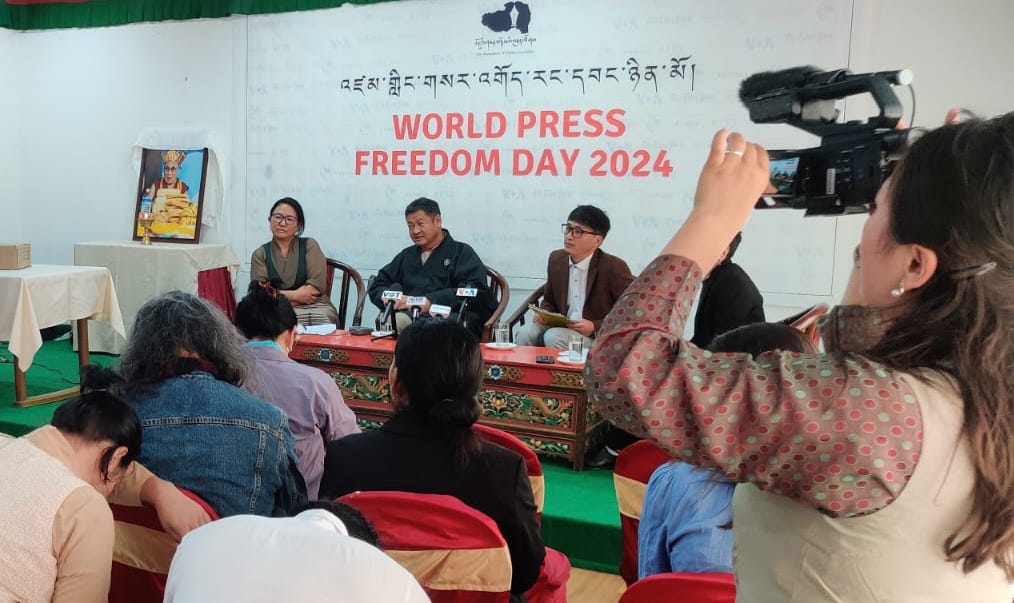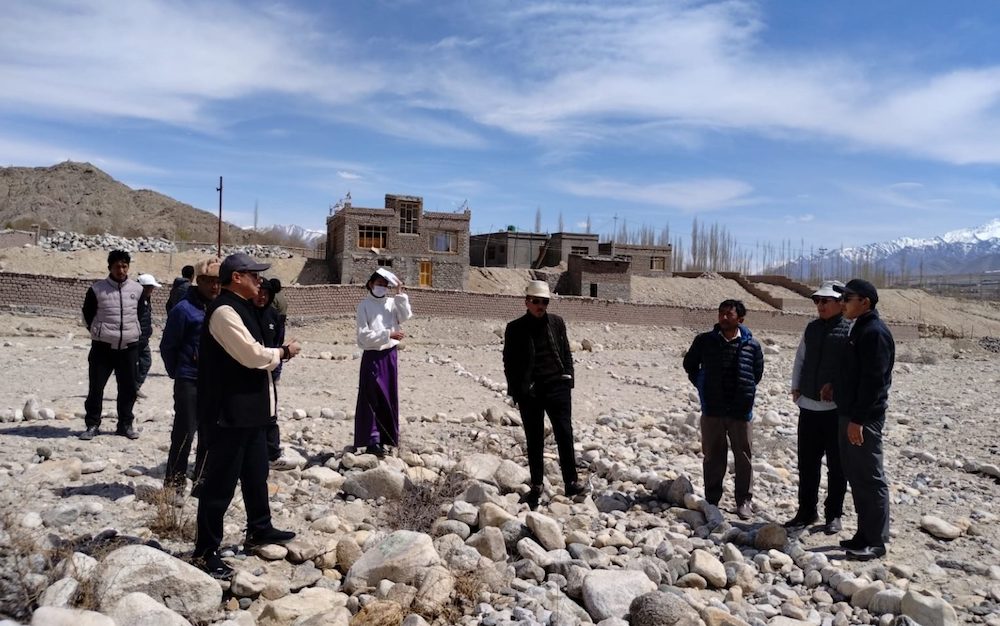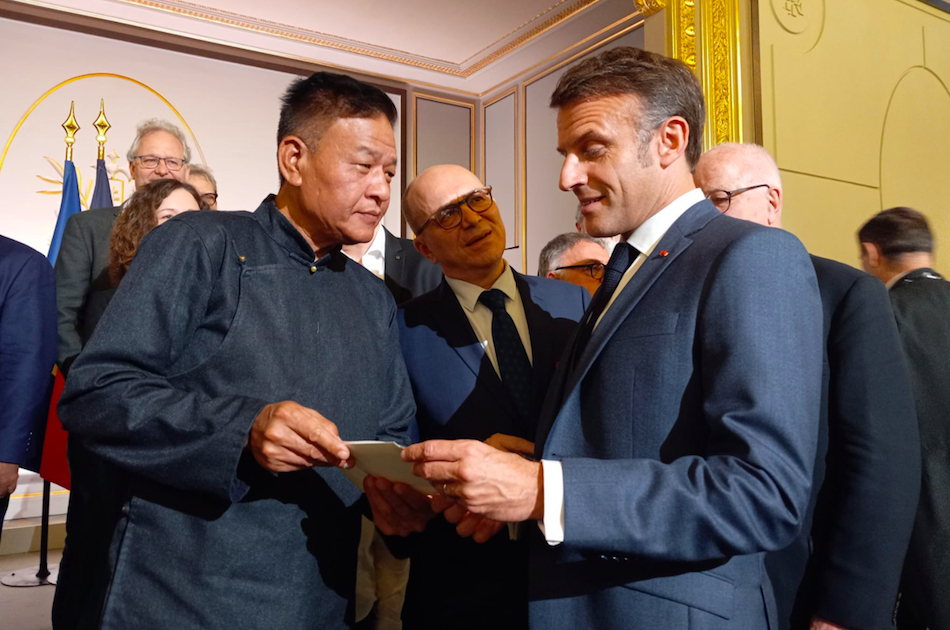 Phayul Editorial by Kelsang Rinchen
Phayul Editorial by Kelsang Rinchen
What one must have expected of the Dharamsala administration was an outright condemnation of Indian Prime Minster’s remark on Tibet being a part of China. Condemnation did come but not from the Tibetan exile government but from the Tibetan Youth Congress, the largest NGO of the Tibetan community with a largely different viewpoint on Tibet’s future.
India and China signed a declaration on 23rd June in the Great Hall. The declaration has a mention about India’s firm stand on ‘Tibet Autonomous Region’ being a part of the territory of the People’s Republic of China but there is no inkling about China’s implicit recognition of Sikkim as an Indian territory, which was a gift that Mr. Vajpayee would have wanted to offer to his NDA leaders.
Mr. Vajpayee should have a look at some official Chinese websites ( for.e.g www.china.org) where they have included areas of Arunachal in the Tibet Autonomous Region. Would it mean that Mr. Vajpayee, by signing the declaration, endorsed these areas as parts of Chinese territory and gave China an edge to lay claims over Arunachal in future?
Vajpayee should have read the text thoroughly to realize he had been taken for a walk by ever-cunning Chinese leadership. Mr. Vajpayee could not have made the decision to make that statement in Beijing all of a sudden. This had been decided already in one of the meetings of NDA front, or even before Fernandes’ visit earlier to China. All it required was a formal meeting and a time to make the Indian position public. It was not a surprise to the Tibetans who had been victim of similar political kowtow by Nehru and his grandson.
China and India, at least according to the declaration, believe that their friendship will bring stability and peace globally and regionally. How can India expect peace and stability in South Asia without solving the Kashmir issue first with Pakistan? India’s Poet Prime Minister surely is aware of popular Indian proverb, which says those who live in glass house should not pelt stones to others.
It is of no use to remind Indian leadership of China’s blatant disregard to India’s peace and stability beginning from 1962 when China launched an open attack on India and subsequently annexed thousands of square kilometers of Indian territory. China’s open support to Pakistan materially or morally was not enough for the Indian leaders to realise the extent of Chinese brutality.
What Mr. Vajpayee seems to be more worried about all the time is whether he would have answers to the ritual questions from Sonia led opposition party in the Lok Sabha, possibly in a poetical way. Human lives lost every now and then in the valley due to China backed Pakistani infiltrators have no value whatsoever to the Prime Minister of the world’s largest democracy.
Tibetans and their government would welcome any progress in the relation between China and Beijing but not at the cost of Tibet. Tibet issue is entirely political from the very onset as said once by the Dalai Lama. Any comment on it should follow careful understanding of the situation. Now that Mr. Vajpayee has already signed the declaration putting Tibet at stake, there is no question of India asking China to involve in negotiations with Tibet. Why would India want China to negotiate with Tibet, which it had already recognised as China’s part?
But going by the political swings of the Indian government, which, in its parliament condemned U.S. war on Iraq but now discusses whether it should send its troops to replace U.S. soldiers in Iraq, any possibility of Indian role cannot be ruled out.
The only issue lending any political significance to this visit both in the context of India and China, was Tibet, which did not appear as a matter of discussion before the visit. The exile Tibetan government in Dharamsala seeks a genuine autonomy within the framework of People’s Republic of China. And as long as this remains the priority of the Tibetan government, Vajpayee’s remarks have zero significance.
The exile propaganda machinery has it that if Tibet issue is not solved there cannot be peace in the region. For China and India, it is no more an issue to be solved. It is solved already. For Tibet, it remains an issue, which will be solved only if China agrees to the Tibetan demands. But ironically, Tibet will not be a cause of conflicts in the region if both India and China remain firm on their present stands on Tibet. Where is the question of Tibet then?









